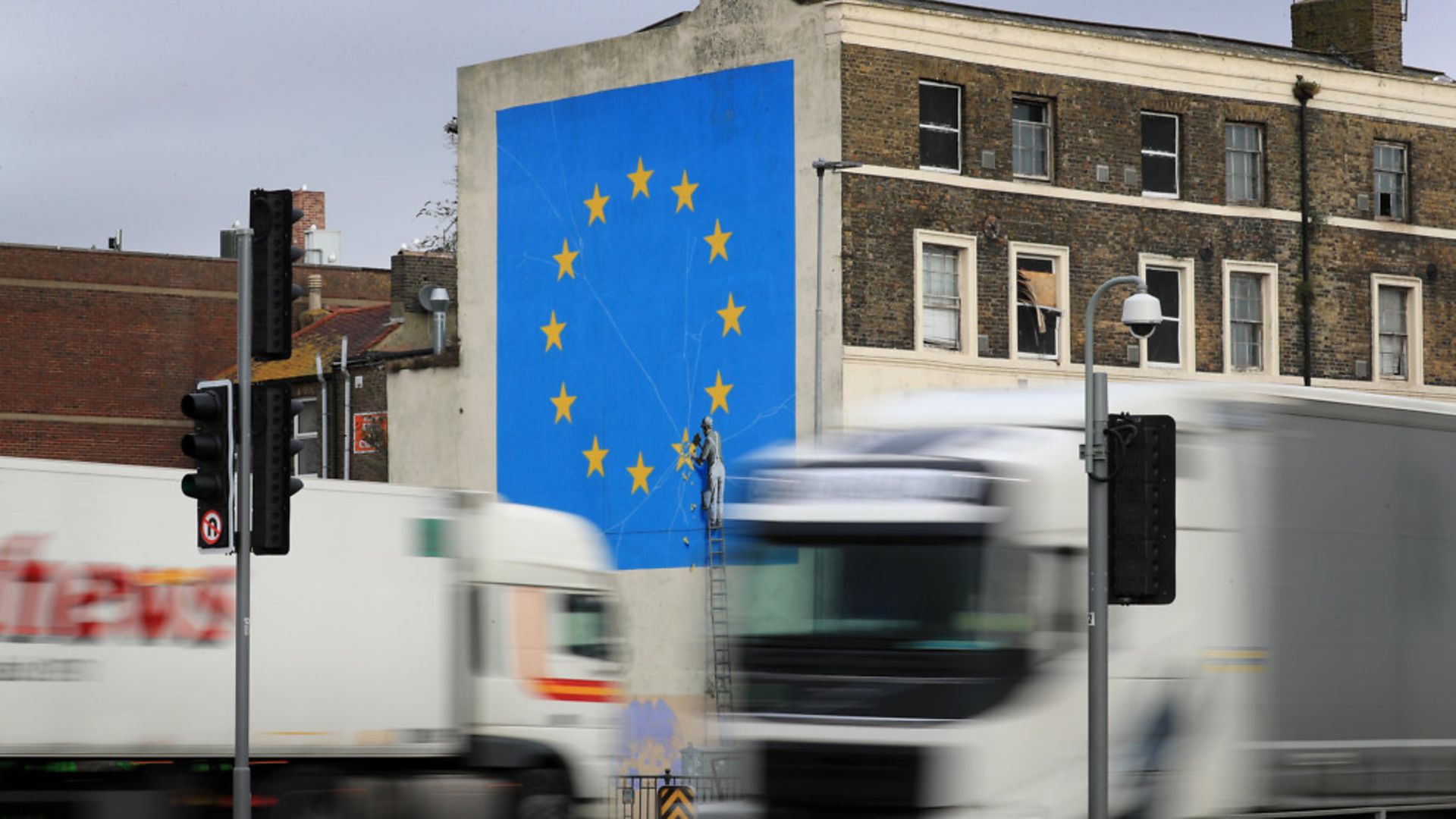Brexiteers pledged that leaving the bloc would cut unnecessary bureaucracy for British businesses. But, according to a new report commissioned by the European Movement UK, companies are now getting strangled by red tape.
Nearly three-quarters of respondents to the Business Impact Report – 74% – said that leaving the EU had affected their business very negatively and more than half stated that new red tape had made trading with the EU increasingly difficult, arguing that it had become the “single biggest obstacle” to doing business with Europe. Meanwhile, 40% highlighted issues with finding staff since losing freedom of movement
“The research by European Movement UK shows just how much ongoing damage is still being done by Brexit. Devastating barriers to trading with the EU have forced some companies out of business. Red tape, lack of workers, huge hikes in overheads – Britain’s small and medium enterprises have sustained a disproportionate amount of the damage,” said Sir Vince Cable, the former Lib Dem leader who is now president of European Movement UK.
Almost 2000 businesses responded to the survey, out of which a staggering 94% said leaving the single market and customs union had harmed their operations. To tackle this, hundreds of companies said that they were forced to reduce their workforce hours or even make staff redundant. In some cases, they were forced to close entirely – and a woman named in the report only as Carol was one of them.
She owned a bespoke lingerie business in the South West but had to shut it down because of red tape. She said in the report: “I did everything I could to prepare for Brexit. The reality of sending garments to the EU was a nightmare. I had goods that spent ages in transit and were then returned for ‘incorrect customs information’. The business was losing money, so I decided to close. Brexit was the final nail in the coffin.”
The damage has been felt across all sectors, including engineering, agriculture, hospitality and finance with owners also reporting that they had lost business in the EU and new red tape had made them uncompetitive.
Hugh Chapman, who runs Long Mynd Cider in Bishops Castle, Shropshire, was another respondent damaged by Brexit. Chapman said a Europe-wide organisation was interested in buying and distributing his products, however, the “life-changing” deal then fell through. “The administration around Brexit meant they were no longer interested. It’s economically impossible to trade with Europe at present,” he said.
Darren Farrell, who runs DARJAC Engineering in Essex and specialises in servicing high-end cars, said trade had vanished for his business because of Brexit. “Within nine months of the UK government signing the Trade and Co-operation Agreement with the EU, seven out of ten EU suppliers said that they could no longer support third country shipping & warranty,” he said. “We can’t move our customers’ vehicles to race events on the EU mainland without huge cost, including temporary export permits that take many hours. Two years on, we could no longer support the losses. Our business is finished.”












